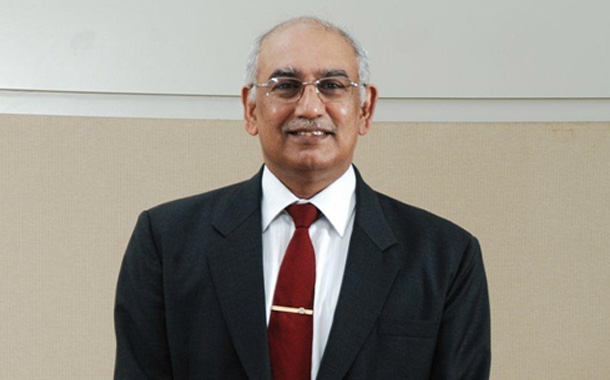KPIT Technologies has partnered with the Indian Government to support the first Smart India Hackathon 2018 – Hardware Edition. KPIT, which brings expertise in developing clean, green and intelligent technologies for the automotive industry, will be steering the evaluation committee of the automotive and smart vehicle segment of the hackathon.
Smart India Hackathon is the world’s largest nation-building initiative to harness the innovative brilliance of the youth and develop products for solving some of the country’s pressing problems.
B V R Subbu, eminent industry veteran and a member of Board of Directors at KPIT has been appointed the Chairperson and Dr. Purnendu Sinha Group Technology & Innovation Office at Tata Group as Co-Chairperson of the expert committee, while Sant Ranjan, Principal Architect-System, KPIT will work in the capacity of Secretary of the newly formed expert committee.
The hackathon will be conducted in three phases, which began with the online submission of the entries. In the second phase, the shortlisted teams will submit the videos of their ideas for further evaluation. The selected teams will qualify for the grand finale that will be hosted at around 10 nodal centers nationally in June. 20 finalists from each segment or category will work for five consecutive days to build their hardware prototypes. The expected outcome is to have two or three promising ideas from the various categories, which will be incubated to create new start-ups in India.
Ravi Pandit, Co-Founder, Chairman & Group CEO, KPIT, said, “KPIT is honored to be driving the Automotive and Smart Vehicle segment of the initial Smart India Hackathon 2018 – Hardware Edition. It serves as an opportunity for the young talent in our country to catalyze change and innovation by coming up with real-time solutions for the problems faced by the people.”
The Hardware edition has 11 categories, including smart communication, medical devices/ healthcare/bio-sensing technologies, clean water, waste management, automobiles/smart vehicles, agriculture/agro-electronics, technology for rural development, drone and robotics, education, import substitution, security and surveillance/defense and security. It witnessed involvement from 14 central ministries/departments, and 10 state governments, which sent around 68 problem statements. For the automobile/smart vehicle segment, around 666 ideas were submitted by students during the first phase, out of which 95 teams were shortlisted for the next phase. In the finals, the participating teams will comprise students from engineering, technology, management, computer and IT backgrounds.


